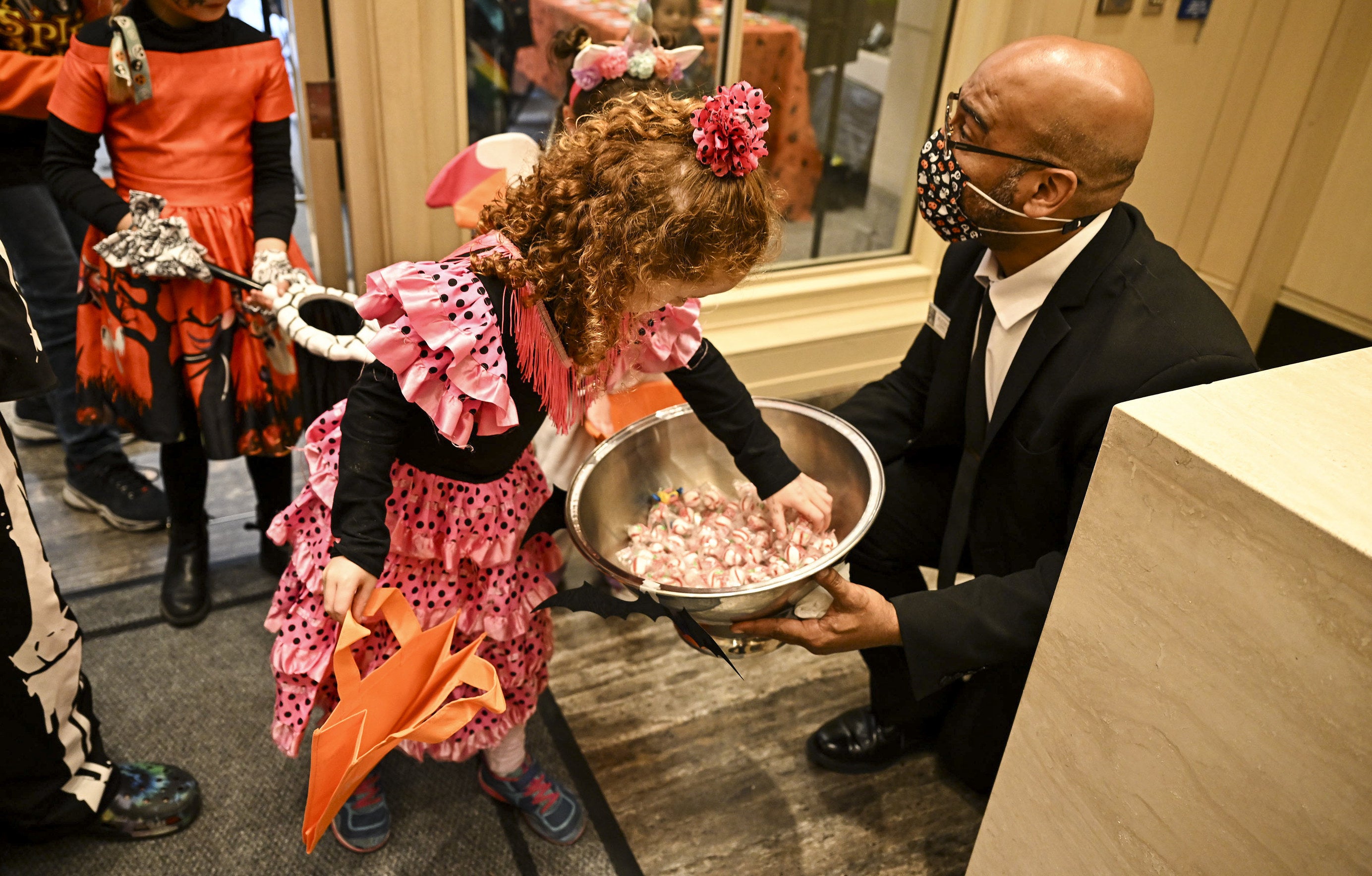
This is an excerpt from Please Like Me, BuzzFeed News’ newsletter about influencers and internet culture. You can sign up here. In our column, Niche Drama, we discuss online community micro dramas.
When philosophy professor Agnes Callard shared her contentious take on Halloween candy, she was not expecting tweets accusing her of “abuse.”
The day after Halloween, Callard tweeted that her 9-year-old child was thrilled to find she hadn’t thrown away their candy overnight, as is “tradition.” Her reasoning? She just forgot to do so.
9yo: mama you DIDN'T throw out the halloween candy?!--- [background: we have a halloween tradition where after the kids go to bed, I throw all their candy in the garbage. The next morning, they are filled with rage.] ---thank you SO much!!! [hugs & kisses] Reader, I forgot.
Over 2,000 quote tweets later, she’d become Twitter’s main character of the day. She was compared to the infamous “Bean Dad,” a podcaster who shared a lengthy thread about denying his daughter dinner until she figured out how to open a can of beans.
“ppl who are morally outraged on behalf of my children: don't come crying to me when your children write boring memoirs called My Parents Were Always Nice,” Callard wrote in a follow-up tweet.
Callard stood by her post. She told BuzzFeed News that she believes “not allowing [her] kids to gorge themselves on candy for an indefinite period of time after Halloween is a reasonable policy.”
“I think the people who follow me are used to this, but this particular tweet escaped the orbit of my usual group of followers,” she told BuzzFeed News. “Those people may be unaccustomed to, or simply not know how to interpret, a less varnished picture of parenting.”
For a brief moment, Twitter users debated how parents should deal with their kids’ Halloween candy. A few defended her. But then came the responses to the post calling Callard a “shitty parent” and “cartoonishly awful.”
“wild you just abuse your children for no reason,” one person tweeted.

Callard told BuzzFeed News she was “very surprised” by the backlash, which she claims has extended past Twitter to death threats via phone and formal complaints to her department administrator.
This isn’t Callard’s first brush with controversy — in fact, she’s been publicly bracing herself for it. In June, she contemplated how she would handle further “cancellation” in a guest essay for the New York Times titled, “If I Get Canceled, Let Them Eat Me Alive.” She recalled an incident in 2019 in which she drew backlash for “crossing picket lines” to teach classes at the University of Chicago while other professors were striking in solidarity with graduate students.
Critics brought up the strike controversy when responding to the Halloween candy tweet as well as allegations Callard left her husband for a graduate student, which surfaced on Reddit weeks before the viral tweet.
She told BuzzFeed News that she has addressed all of this publicly before — very publicly, in fact: She hosted a talk about divorce with her ex-husband, a fellow philosophy professor.
And of course, since she’s a literal philosophy professor, Callard had a mini-lecture prepared about the response to her parenting, and we’ve decided to include the whole thing because why not.
“There seems to be a need to build a kind of narrative around this candy thing; it's somehow important to people to be able to read this as a sign in a larger story, or a clue as to some deeper fact about me, even when this requires substantial interpretive creativity. The emotions that sustain this reaction, which are sometimes ecstatic, depend on the public development of this story. So I understand the reaction to my tweet as an attempt to retell my story, to cast me as a different person in light of the anger generated by the tweet. In a way, it's almost a protective behavior: once that anger is felt, and once the crowd has committed to it, it has to be justified. Or else the community's moral sensibilities are called into question.”
Of course, internet virality does not exist in a vacuum — going viral for one thing might find you reckoning with everything from your past that your dissenters can dig up about you. So, be on alert before you become the next Candy Mom.
